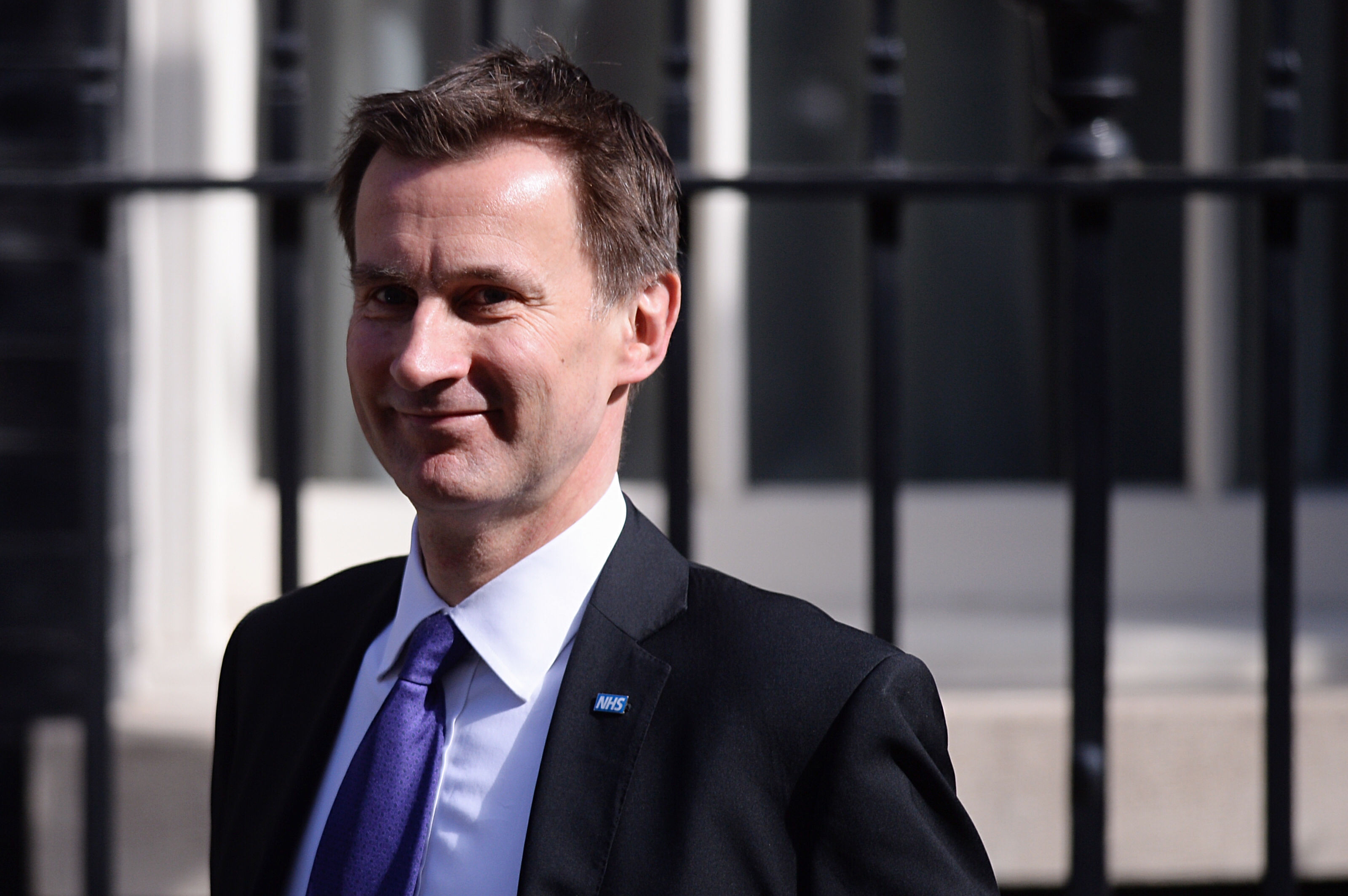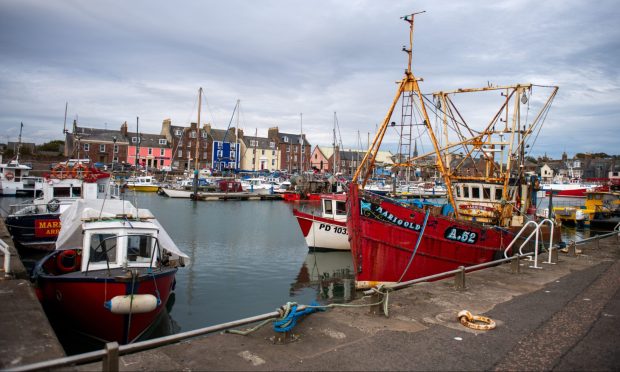Theresa May has carried out a cull of some of David Cameron’s closest allies in a shake-up of the Government which saw promotions for women and Brexiteers.
After sacking Mr Cameron’s right-hand man George Osborne within hours of taking office on Wednesday, Mrs May went on to take the axe to Michael Gove, Oliver Letwin, Nicky Morgan and John Whittingdale.
But Jeremy Hunt kept his job as Health Secretary, despite being widely tipped for the chop.
The new PM rewarded her leadership campaign manager Chris Grayling with the post of Transport Secretary, adding him to the phalanx of Leave backers in Cabinet which already included Boris Johnson, Liam Fox and David Davis.
Labour said the appointment of a string of right-wingers contradicted Mrs May’s “warm words” on her entry into 10 Downing Street about seeking to govern “not for a privileged few, but for every one of us”.
Shadow cabinet minister Jon Ashworth said: “Theresa May’s appointments are completely out of kilter with her words on the steps of Downing Street yesterday. It’s difficult to see this new-look Cabinet as anything other than a sharp shift to the right by the Tories. The test now is to demonstrate that all members of the Tory Government are wholly committed to the priorities Theresa May set out yesterday.”
Mrs May announced changes to the machinery of Whitehall which spelled the end for the Department of Energy and Climate Change – established by Gordon Brown in 2008 to lead the UK’s contribution to the fight against global warming.
Greg Clark was appointed to the new role of Secretary of State for Business, Energy and Industrial Strategy, while his old role at the head of the Department for Communities and Local Government went to former business secretary Sajid Javid, in an effective job-swap.
The business department’s responsibilities for universities, further education, skills and apprenticeships were transferred to the Department for Education under its new Secretary of State Justine Greening, who also became minister for women and equalities.
She replaced Ms Morgan, who made clear her departure was unwilling by saying she was “disappointed” to lose the job.
Green MP Caroline Lucas denounced the decision to shut down DECC as a “serious backwards step”, as it would mean no dedicated minister for climate change at the Cabinet table.
Meanwhile, failed leadership candidate Stephen Crabb quit the Cabinet “in the best interests of my family”, days after The Times reported that he had sent sexually explicit WhatsApp messages to a young woman during the EU referendum campaign.
His job of Work and Pensions Secretary went to Damian Green, who served under Mrs May at the Home Office for four years as immigration minister and policing minister until his surprise sacking by Mr Cameron in 2014.
And Mrs May’s former number two at the Home Office, James Brokenshire, entered the Cabinet for the first time as Northern Ireland Secretary, replacing Theresa Villiers.
Ms Villiers announced she was resigning from the Government after Mrs May told her she was being moved from the post she had held for almost four years and offered her a job which was “not one which I felt I could take on”.
A week after seeing his hopes of the Tory leadership dashed when he came third in a poll of Tory MPs, Mr Gove lost his Justice Secretary job to Liz Truss, who became the first female Lord Chancellor in the thousand-year history of the role.
Prominent Brexit backer Andrea Leadsom, who paved the way for Mrs May’s rapid elevation to the premiership by pulling out of the Tory leadership contest on Monday, was promoted from energy minister to the Cabinet role of Secretary of State for Environment, Food and Rural Affairs.
Karen Bradley, who worked under Mrs May at the Home Office, was promoted to Culture Secretary, while prominent Brexit campaigner Priti Patel became International Development Secretary as the new PM boosted the representation of women around the Cabinet table.
Other eye-catching appointments on the second day of the formation of Mrs May’s Government included former transport secretary Patrick McLoughlin as Conservative Party chairman and Chancellor of the Duchy of Lancaster.
Alun Cairns kept his job as Wales Secretary and Mr Cameron’s former parliamentary aide Gavin Williamson became chief whip.
Sacked ministers put a brave face on their departures in public statements. Mr Gove said that being a Cabinet minister for six years had been “an enormous privilege” and wished the new Government the “best of luck”, while Mr Whittingdale wished his successor “every success”.
Meanwhile, a day after their ejection from Government, Mr Cameron and Mr Osborne were spotted nursing their wounds over coffees with their families at a terrace cafe in Notting Hill.




